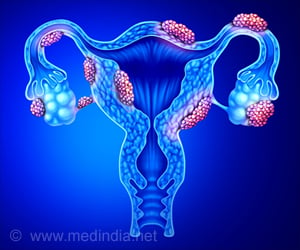There is a booming trade in mothers’ breast milk.
There is a booming trade in mothers’ breast milk. Prolacta Bioscience, a for-profit company, started marketing a breast-milk concentrate for $48 an ounce. Some mothers are also selling their own milk on the Internet for $1 to $2.50 an ounce. But all this is going on with little regulation and raise a lot of ethical and safety questions. Laraine Lockhart-Borman, who runs the Mothers’ Milk Bank of Denver at Presbyterian/St. Luke’s Medical Center said that this might affect the people who are in need.
They also raise the question that the steady flow of donated milk that nonprofit banks supply to hospitals and mothers could dry up. She said that regulation is necessary. Stephen King the federal Food and Drug Administration spokesman said that they have not reached a decision on whether breast milk should, like human blood or tissue should be regulated. Pauline Sakamoto, executive director of the Mothers’ Milk Bank of San Jose, Calif said that regulation is essential to protect the safety of the public’s health. Due to this casual sharing of the breast milk a child can get ill with HIV or hepatitis.Sakamoto said that the Internet and the ease of collecting and storing milk make tracking of the sales tough. Jennifer Laycock, founder of The Lactivist, a Web log on breast-feeding aid that is impossible to prevent to people from holding conversation. The main reason behind the increase in breast milk sales is that the studies show that human breast milk is better for babies than manufactured formula. A number of premature babies, some as young as 24 weeks, are kept alive by advanced medical interventions such as this.
A 1997 article in the medical journal Pediatrics documented breast milk’s ability to decrease the incidence of diarrhea, infections, sudden infant death syndrome and allergies, as well as possibly raising IQ levels. The 12-city Human Milk Banking Association of North America has seen donations jump 131 % in the past six years. The same standards as blood banks are used said Francis Jones, the group’s board chair and director of the milk bank at the British Columbia Women’s Hospital in Vancouver. Jones said that they make sure that the mothers know and clearly understand who they’re giving their milk to and what we’re doing with the milk. The banks screen donating mothers for HIV, hepatitis and other viral infections and set restrictions on caffeine consumption.
The banks pasteurize the milk and charge a processing fee of about $3.50 an ounce, or $100 a day to supply the typical 6-month-old.The banks distribute the processed milk to hospitals and by prescription to individual mothers who can’t produce enough milk or can’t breast-feed. Prolacta Bioscience, based in Monrovia, Calif., is selling a concentrated form of breast milk aimed at premature babies. Elena Medo, Prolacta’s founder and chief executive aid that medical technology has allowed younger infants to survive outside the womb, the need for immune-boosting, calcium- and fat-rich mother’s milk has grown.











